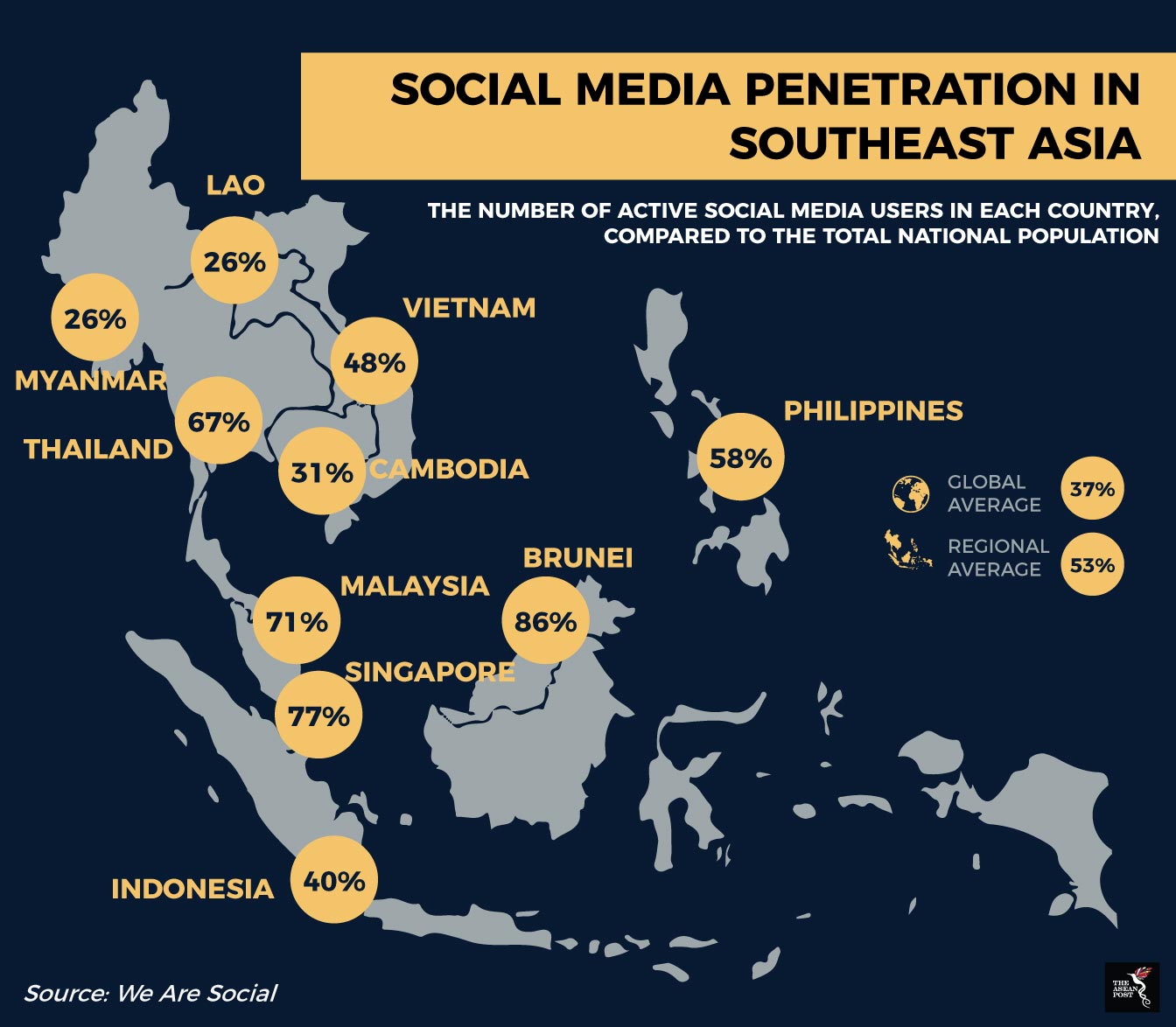“The owners of the platform giants consider themselves the masters of the universe, but in fact they are slaves to preserving their dominant position,” business magnate and philanthropist, George Soros chillingly stated during his World Economic Forum (WEF) speech in Davos this year.
Soros was referring to the immense influence that companies like Google and Facebook had amassed – creating a new “monolithic power” in the world today. Social media, he says has the power to shape people’s minds and attention and this power has been increasingly concentrated in the hands of a very few.
He further warned that these giants of the IT industry with their rich sources of data could form alliances with authoritarian governments – like in Russia and China – and further intensify the systems of surveillance already present in our world today.
“This may well result in a web of totalitarian control the likes of which not even Aldous Huxley or George Orwell could have imagined,” he warned.
The expanse of Facebook and Google
Soros’ words are not too far from reality. The technological advances of this digital internet era have taken the world by storm.
In Southeast Asia, we are seeing tremendous internet penetration numbers. According to a recent report by Google, the region now has 330 million internet users – larger than the population of the United States and is set to reach 480 million by 2020.
Google is also the number one search engine choice for a majority of users in Southeast Asia – exceeding 90 percent of the search engine share in countries like Indonesia, Malaysia, Thailand and the Philippines.
According to the same report by Google, Southeast Asians, on average spend more time on mobile internet than anyone else on this planet. Thais spend the most, at 4.2 hours daily followed closely by Indonesians at 3.9 hours on average. In comparison, people in the United States and the United Kingdom spend roughly 2 hours per day while the Japanese spend 1 hour on average using mobile internet.

According to a report by We Are Social, social media penetration for every member state of the Association of Southeast Asian Nations (ASEAN) except for Lao, Myanmar and Cambodia is above the global average of 37 percent of the population. Leading the pack is Brunei at 86 percent followed by Singapore and Malaysia at 77 percent and 71 percent, respectively.
What all these numbers translate into is the immense influence that these IT companies like Google and Facebook wield over the lives of ordinary Southeast Asians. Although its positive contributions to e-commerce and digital economy development cannot be negated, the reality is that there are two sides to that coin.
As Soros pointed out, Facebook and Google are sitting on a gold mine of data from its users, that it can utilise in ways that may be confounding to us. We saw the extent of Facebook’s targeted advertisements on the American presidential elections. Who knew that an alleged 'troll farm' in St Petersburg, Russia could have possibly swayed the results of the US Presidential election happening thousands of miles away.
But the fact that it could, demonstrates the unchecked influence that these companies have over our lives. As more and more people in Southeast Asia and the world get connected to the internet, the extent of this power will only increase.
What comes after, is anyone’s guess.
Would these companies be benevolent dictators who would keep such information close to their chests? Or would they fall to the lucrative lure of working with authoritarian governments who themselves have nefarious objectives of strengthening their state-wide surveillance networks?
The way to keep their powers checked, according to Soros is regulation. He points to the European Union’s Competition Commissioner, Margrethe Vestager who has been an instrumental force of market regulation in Europe.
“It is only a matter of time before the global dominance of the US IT monopolies is broken. Davos is a good place to announce that their days are numbered,” Soros said when concluding his speech.
Recommended stories:
